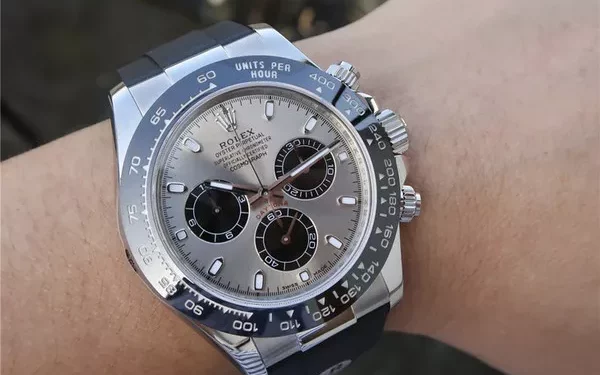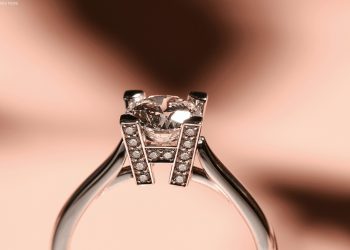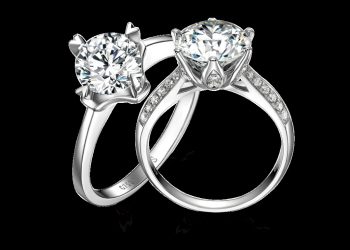Automatic watches are widely regarded as the pinnacle of mechanical watchmaking. While they share many similarities with quartz and manual-winding watches, automatic watches are unique in their self-winding mechanism that eliminates the need for manual winding or battery changes. However, compared to other types of watches, automatic watches come with a higher price tag. In this article, we will explore the reasons why automatic watches are so expensive.
Craftsmanship
One of the main reasons for the high cost of automatic watches is the level of craftsmanship required to produce them. Unlike quartz watches that rely on electronic components, automatic watches are entirely mechanical in nature. This means that every component must be meticulously designed, machined, and assembled by skilled watchmakers who have spent years honing their craft.
The complexity of the watch movements also adds to the production costs. Automatic movements can consist of hundreds of tiny parts, each of which must be precisely manufactured and assembled by hand. The intricate nature of these movements requires skilled watchmakers to spend countless hours assembling and testing each watch, driving up the production costs.
Materials
Another factor that contributes to the high cost of automatic watches is the materials used to make them. High-quality automatic watches are typically made from premium materials such as stainless steel, gold, or platinum. These materials not only look beautiful but are also durable, ensuring that the watch can last for decades or even generations.
In addition to the precious metals used in the case and bracelet, automatic watches often feature sapphire crystal, a scratch-resistant material that is highly prized in luxury watches. Even the leather straps used in automatic watches are often made from the finest hides, carefully selected for their softness, durability, and beauty.
Brand Reputation
The reputation of the watch brand is another significant factor that influences the price of automatic watches. Brands with a long history of excellence and innovation in watchmaking, such as Rolex, Patek Philippe, and Audemars Piguet, command higher prices due to their prestige and reputation.
These brands have built a loyal following over the years, with collectors willing to pay a premium for their watches. The rarity of some models also adds to their value, as collectors are willing to pay top dollar for limited-edition or vintage watches that are no longer in production.
Research and Development
The development of automatic movements requires significant investment in research and development. Watchmakers must constantly innovate and improve existing movements to stay ahead of the competition. This means investing in new technologies, materials, and design techniques to create movements that are more accurate, reliable, and efficient.
The cost of R&D is often reflected in the price of the finished product. Brands that invest heavily in this area often charge more for their watches to recoup their expenses and ensure profitability.
Limited Production
Another factor that contributes to the high cost of automatic watches is the limited production runs. Unlike quartz watches that can be mass-produced, automatic watches are often made in limited quantities. This is because the intricate nature of the movements means that they can only be produced in small batches.
Limited production not only adds to the exclusivity and desirability of the watch but also drives up the price. Collectors are willing to pay a premium for limited-edition automatic watches, knowing that they may never have the opportunity to own one again.
Marketing and Advertising
Marketing and advertising are essential components of any successful watch brand. Well-known brands invest heavily in marketing campaigns to promote their watches and build brand awareness.
This involves hiring top-tier celebrities and athletes to endorse their products, creating compelling ad campaigns, and sponsoring high-profile events such as sports tournaments and fashion shows. All of these activities contribute to the overall cost of the watch and drive up the price for consumers.
Conclusion
In conclusion, automatic watches are expensive due to a combination of factors. The level of craftsmanship required, the high-quality materials used, brand reputation, research and development, limited production, and marketing and advertising all contribute to the final price tag.
While automatic watches may not be affordable for everyone, they represent the pinnacle of mechanical watchmaking. The attention to detail, precision engineering, and timeless design make them highly desirable to collectors and enthusiasts alike. If you are looking to invest in a high-quality timepiece that will last a lifetime, then an automatic watch is undoubtedly worth the investment.
Related topics:
1.How long do tissot automatic watches last
2. Quartz vs automatic watches
3.How automatic watches work









































